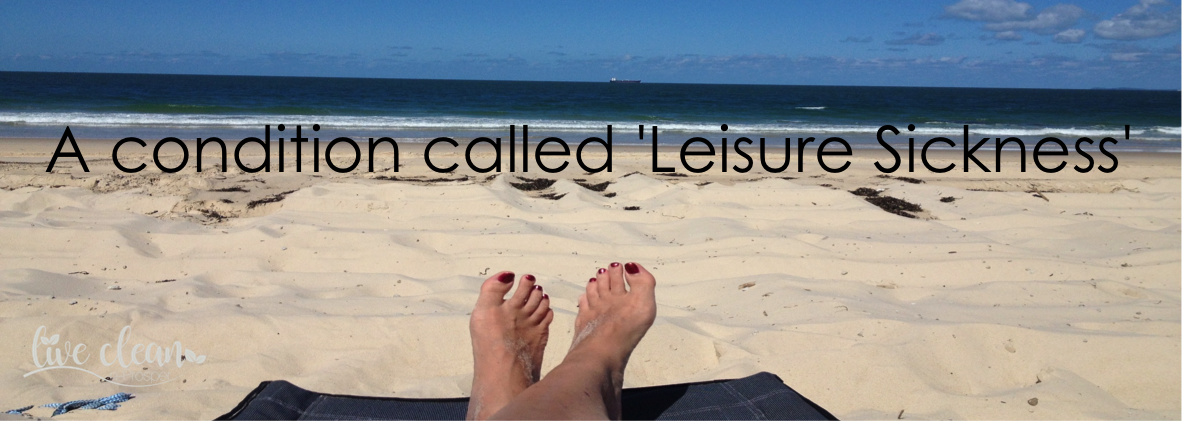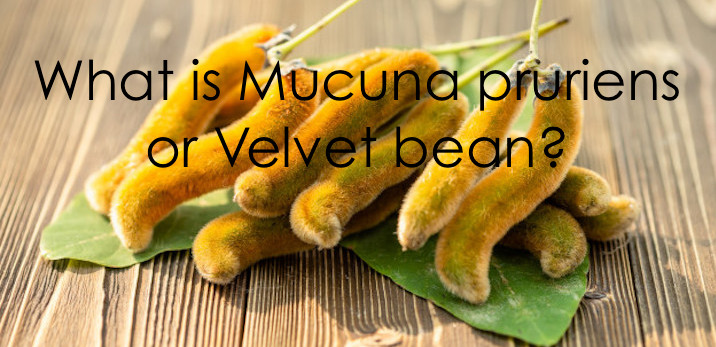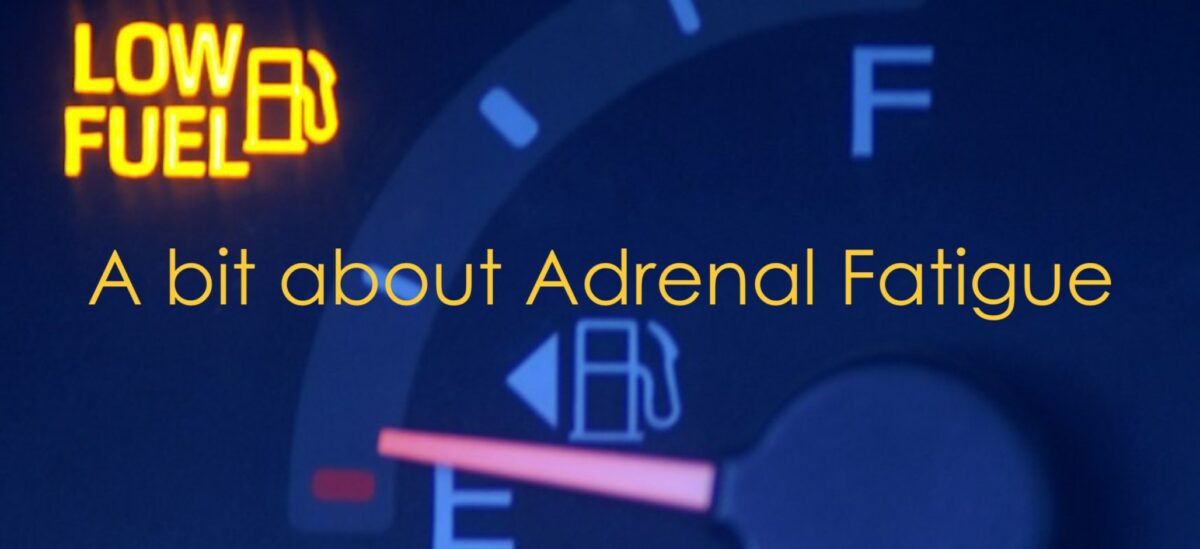Today’s post is about a condition call ‘leisure sickness’.
I was chatting with a colleague this week about how often she gets ill when she finally gets some time off. This has also happened with myself and, I am sure, many of you. Some health experts refer to this condition as leisure sickness.
Are we imagining this?
A study was done in 2001 by Dutch researcher Professor Vingerhoets, of a condition that he termed ’leisure sickness’. This is a condition where people develop symptoms of sickness as soon as they take a break from work.
This study of almost 2,000 Dutch people found approximately 3% of them reported getting colds and flu or having headaches, fatigue or nausea when they took a break from work.
Why does it happen?
It could be linked to the way we manage our work stress and approach our work/life balance. Some of the study participants acknowledged they were struggling to manage their stress in the build up to their break.
The study data highlighted workload in conjunction with personal characteristics. In particular a high need for achievement along with a high sense of responsibility with respect to work and the inability to adjust to not being busy.
One of Prof Vingerhoets’ theories is that acute stress may hold off illness. And when we relax on holiday our resistance to disease is lowered and we can get sick.
Another theory is that actual physiological processes linked to stress play a key role in the development of these health problems.
People who work a lot develop higher levels of the stress hormones cortisol and adrenaline. Not only during working hours, but also during rest periods when they don’t need it. This creates a hormonal imbalance, which in turn can result in a weakened immune system leaving the body vulnerable to infection.
Avoiding leisure sickness
There are several suggestions on how to avoid leisure sickness.
You can decrease your stress before you go away. Don’t try to finalise everything a couple of days before your break. Prioritise what you need to complete before you go allowing a realistic time frame.
A University of Sydney Professor, Thomas Buckley, studied the link between work stress and health. He found that people who try to get everything done before they leave might also mean they neglect their usual healthy routine.
He recommends people try and maintain any exercise and eating patterns before a holiday. Continuing these patterns in the first days of the holiday will also help your body transition from rushed to relaxed and promote better immune function.
If you can, organise a calm start to your journey. Book a preferred seat in advance and check in online. Arrange transport to the airport or station so you arrive in plenty of time.
Maintain hygiene when travelling, as coming into contact with a large number of people in a confined space can increase your risk of getting ill. Washing your hands frequently as you travel will help reduce exposure to bacteria.
If possible, choose a window seat when flying. When US researchers looked at how many people passengers encountered on a flight, those in an aisle seat had close contact with 64 people while those in the window only had contact with 12 people.
You could also consider planning some activities for your holiday to provide a sense of achievement and accomplishment.
Is it time for a change?
Leisure sickness can be “a clear signal from your body that you need to go somewhat easier on your work, and strive for more balance in your life,” says Prof Vingerhoets.
But if you can’t change your job (or your attitude), Vingerhoets suggests some exercise on a Friday evening, which can help with the transition from work to weekend leisure.
Till the next post,
Live clean n prosper.
Sources – PubMed.gov ,HCF, Web MD, University of Melbourne



